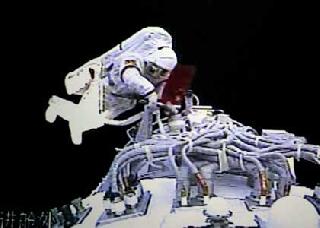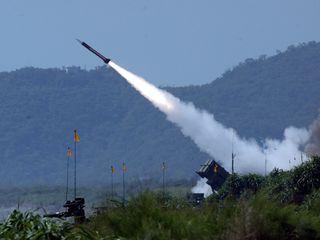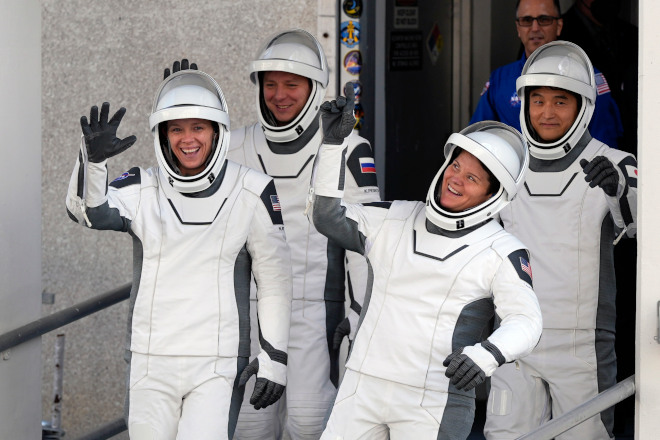
BEIJING (PTI): China has approved a five-year scientific research programme to enhance the operational and decision-making abilities of its astronauts and prepare them for long-term missions in space.
The programme aims at establishing astronauts' operational and decision-making abilities in space, along with any psychological and physical changes they undergo while living in cramped compartments in weightless conditions, said Director of the Astronaut Centre of China Chen Shanguang.
The training programme will begin later this year, he said.
"China will build a space station in 10 years and will probably carry out manned explorations of deep space in the future," he told official China Daly.
The challenge is to figure out how to enable astronauts to remain healthy and work efficiently over prolonged periods in space, he said.
China which has sent unmanned lunar probe this year plans to send manned mission to moon in 2025.
According to the new road map, China also plans to send a probe to Mars by 2013 and to Venus by 2015, besides setting up its own manned space station by 2017 to carry out space science experiments.
Chen said the research findings will play a significant role in drafting the selection criteria to recruit future astronauts for various missions.
"Space missions are becoming more difficult, making greater demands on astronauts. We want to find scientific answers to questions like what type of people can work as astronauts on long missions and what capabilities they should have," he said.
The research will also be used by decision-makers to decide what constitutes a suitable workload for astronauts on extended missions and drawing up training programs in accordance with the results.
The country's eight major research institutes will participate in the programme, including the institute of psychology at the Chinese Academy of Sciences, Beijing Normal University and Peking University, though the funding for the programme has yet to be revealed.
It is the country's first pivotal, basic research program in the field of space exploration, Chen, who is also the program's chief scientist said.
China plans to launch two space laboratories before 2016 to study the key technologies involved in building a space station, with a view to constructing a space station for astronauts to serve on board over an extended period around 2020.
The longest period Chinese astronauts remained in space so far was 115.5 hours, or nearly five days, during the mission of Shenzhou VI in 2005.
In contrast, astronauts have continuously remained on board the International Space Station for six months at a time, while a Russian astronaut remained in space for a record 438 days from 1994 to 1995.
"China faces the challenge of figuring out how to build a spacecraft that will meet all of its astronauts' physical needs, as well as how to train astronauts physically and psychologically to cope with missions," said Pang Zhihao, a researcher and deputy editor-in-chief of the monthly magazine Space International.
A Chinese volunteer, Wang Yue, is currently participating in the Russian "Mars 500" project, which is designed to test the long-term effects of isolation on the crew during a simulated trip to the planet.
 Previous Article
Previous Article Next Article
Next Article













The Indian Air Force, in its flight trials evaluation report submitted before the Defence Ministry l..
view articleAn insight into the Medium Multi-Role Combat Aircraft competition...
view articleSky enthusiasts can now spot the International Space Station (ISS) commanded by Indian-American astr..
view article